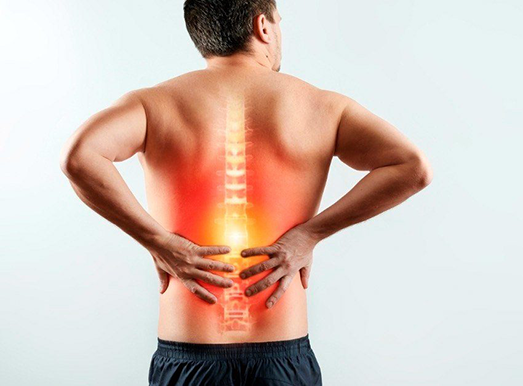Healing Beyond the Body: Chiropractic Care for Car Accident Survivors’ Mental Health

Understanding the Psychological Impact of Car Accidents
Car accidents can trigger a wide range of emotional responses, including shock, fear, anger, guilt, and sadness. Even minor accidents can leave survivors feeling shaken and vulnerable, while more severe accidents can result in significant psychological trauma. Common psychological reactions to car accidents include:
- Anxiety: Fear of driving or being in a vehicle, hypervigilance on the road, and avoidance of situations reminiscent of the accident.
- Depression: Feelings of sadness, hopelessness, and despair, loss of interest in activities once enjoyed, and difficulty sleeping or concentrating.
- Post-Traumatic Stress Disorder (PTSD): Intrusive thoughts or memories of the accident, nightmares or flashbacks, hypervigilance, and emotional numbness or detachment.
- Guilt and Shame: Blaming oneself for the accident or its consequences, feelings of inadequacy or worthlessness, and difficulty forgiving oneself or moving past the incident.
The Role of Chiropractic Care in Supporting Mental Health
While traditional medical interventions focus primarily on physical injuries, chiropractic care takes a holistic approach to healing, addressing both the body and the mind. Chiropractors recognize the interconnectedness of physical and emotional health and understand the importance of addressing psychological trauma in the recovery process. Through gentle adjustments, relaxation techniques, and compassionate care, chiropractors provide a safe and supportive environment for car accident survivors to address their mental health needs and promote healing from within.
Stress Reduction and Relaxation Techniques
Chiropractic adjustments help alleviate physical pain and discomfort and promote relaxation and stress reduction. By realigning the spine and restoring proper function to the nervous system, chiropractors help relieve tension and release pent-up stress and anxiety. Additionally, chiropractors may incorporate relaxation techniques such as deep breathing exercises, guided imagery, and progressive muscle relaxation to promote a sense of calm and well-being further. These techniques can be especially beneficial for individuals struggling with anxiety, PTSD, or other trauma-related symptoms.
Pain Management and Improved Sleep Quality
Chronic pain is a common consequence of car accidents and can significantly impact mental health and overall quality of life. By addressing musculoskeletal imbalances and relieving pain through chiropractic adjustments, chiropractors help improve sleep quality and reduce the risk of developing comorbid mental health conditions such as depression or anxiety. Better sleep enhances physical healing and supports emotional resilience and coping abilities, allowing individuals to manage stress better and navigate the challenges of recovery.
Empowerment and Self-Care Practices
Chiropractors empower car accident survivors to take an active role in their healing journey by providing education, resources, and support for self-care practices. This may include guidance on ergonomic principles, posture correction, nutritional counseling, and stress management techniques that individuals can incorporate into their daily lives to promote overall health and well-being. By empowering individuals to make positive lifestyle changes and take control of their health, chiropractors help foster a sense of agency and self-efficacy essential for recovery and resilience.
Supportive Environment and Compassionate Care
Perhaps most importantly, chiropractors provide a supportive environment and compassionate care that acknowledges the emotional impact of car accidents and validates survivors’ experiences. Through active listening, empathy, and nonjudgmental support, chiropractors create a safe space for individuals to express their feelings, process their emotions, and work through trauma at their own pace. This therapeutic relationship fosters trust, healing, and growth, allowing individuals to gradually rebuild their sense of safety, security, and self-esteem in the aftermath of a car accident.
Conclusion
In conclusion, chiropractic care plays a vital role in supporting the mental health of car accident survivors in Miami. By addressing the physical and emotional aspects of recovery, chiropractors provide holistic solutions that promote healing and well-being on multiple levels. From stress reduction and pain management to empowerment and compassionate care, chiropractic care offers a comprehensive approach to supporting mental health and resilience after a car accident. If you’re struggling with the psychological effects of a car accident, consider incorporating chiropractic care into your recovery plan to access the support and resources you need to heal and thrive.

